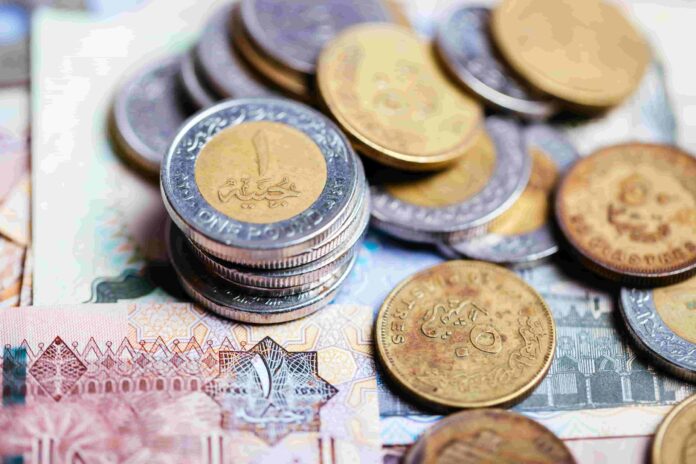Egypt’s pound plunged further on Wednesday reaching a record low of 31.4 to the dollar as the North African country moved to a more flexible exchange rate, one of several requirements attached to the $3 billion International Monetary Fund (IMF) support package.
Ivanna Vladkova Hollar, IMF chief for Egypt, said that a permanent shift to a flexible exchange regime would help absorb external shocks and rebuild reserves while gradually reducing inflation. The latest data from the state-run statistics agency CAPMAS shows that inflation accelerated by 21.3% in December from 18.7% in November, the highest since December 2017.
Egyptian authorities vowed to shift to a “durably flexible” exchange rate when it reached an agreement with the IMF for a financial support package last October.
The slide of over 10% against the dollar appeared aimed at helping stamp out a parallel market that’s emerged amid Egypt’s worst foreign-exchange crunch in years, said a Bloomberg report. The IMF on Tuesday said that Egypt is moving toward a flexible foreign-exchange policy and any intervention by the central bank will be “guided” by the need to smooth out market volatility.
Meantime, the Washington-based lender described investments from Egypt’s oil-rich Gulf Arab allies as “a critical part of the program’s financing strategy.” Egypt also pledged to slow investment in public projects as part of the IMF financial package, including national projects, to reduce inflation and conserve foreign currency.
The IMF will provide Egypt with about $700 million in the fiscal year that ends in June while the World Bank will cover $1.1 billion of the year’s remaining $5.04 billion financing gap, the Asian Infrastructure Investment Bank $400 million, the African Development Bank $300 million, the Arab Monetary Fund $300 million, the China Development Bank $1 billion and public asset sales $2 billion.




